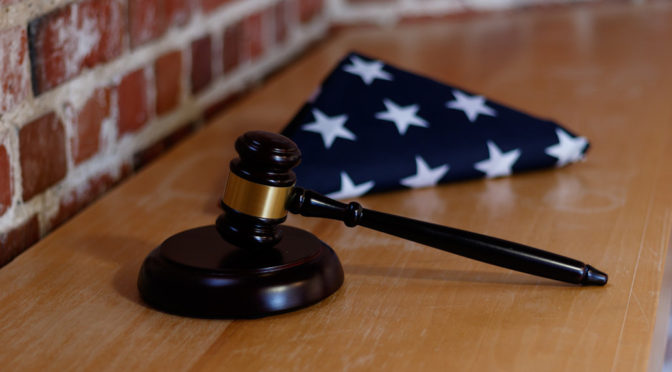Eugene Fidell’s recently published book Military Justice: A Very Short Introduction fills an existing gap in academic military justice literature by providing readers with a condensed book focused solely on military justice. Fidell leverages his years of experience as both a practitioner and a scholar to bring us this “pint sized” book that covers topics… Continue reading Military Justice: A Very Short Introduction (Book Review)
Tag: Military Law
No Place in the Military: The Judiciary’s Failure to Compensate Victims of Military Sexual Assault & a Suggested Path Forward Using Lessons from the Prison Context
Patrie conducts a careful and detailed examination of sexual assault in the military with a review of several recent high-profile cases. She proposes a framework to enforce judicial noninterference in sensitive military affairs while also ensuring that the military does not violate servicemembers’ constitutional rights. No Place in the Military
Should Lawyers Participate in Rigged Systems? – The Case of the Military Commissions
Lawyers often represent clients in criminal cases when the odds are long or a catastrophe likely. The facts might be harmful, the evidence overwhelming, or the law clearly on the side of the prosecution. Still, we do the best we can. But what if the system is rigged? What if the system has the trappings of a fair fight but is, in fact, skewed to one side and, by design, the lawyer cannot fully defend the client? What if the lawyer can only lend legitimacy to a process that at its core is biased, slanted in favor of the other side, or fundamentally unfair? Indeed, what if the system is rigged so as to prevent the lawyer from zealously representing the client, or if it compromises the lawyer’s undivided loyalty to the client? Should lawyers refuse to participate in such systems, or should they – should we – still do the best we can?

